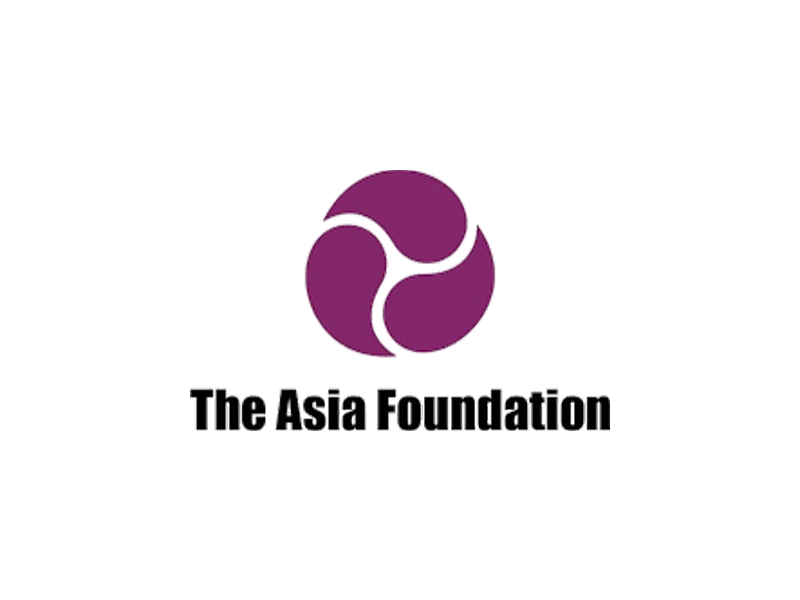The 2019 Asia-Pacific Regional High-Level Forum on Green Economy is organized by the World Green Economy Organization in close cooperation with the United Nations Office for South-South Cooperation and the United Nations Economic and Social Commission for Asia and the Pacific, as well as in partnership with a number of key stakeholders.

The World Green Economy Organization (WGEO, http://worldgreeneconomy.org) emerged in response to the priorities and concerns identified from Rio+20 United Nations Conference on Sustainable Development in 2012 as an organization intended to support emerging global actions towards the green, low-carbon, climate-resilient development model. WGEO seeks to promote the widespread acceptance and increased importance of the green economy in the context of sustainable development and poverty eradication, by linking financing, technology, capacity-building and all other elements of the enabling environment for green economy.
The purpose of WGEO is to provide systematic, holistic and catalytic support in the promotion of widespread acceptance and increased importance of the green economy at national, regional and global levels. More specifically, the objectives of WGEO are:

The United Nations Office for South-South Cooperation (UNOSSC, https://www.unsouthsouth.org) was established to promote, coordinate and support South-South and triangular cooperation globally and within the United Nations system.
UNOSSC, hosted by UNDP since 1974, was established by the UN General Assembly with a mandate to advocate for and coordinate South-South and triangular cooperation on a global and UN system-wide basis. UNOSSC receives policy directives and guidance from the General Assembly and through its subsidiary body, the High-level Committee on South-South Cooperation. UNOSSC submits its strategic planning frameworks to the UNDP, UNFPA and UNOPS Executive Board for approval and funding. The Director reports to the UNDP Administrator and has also been appointed Envoy of the Secretary-General on South-South Cooperation.
The United Nations Office for South-South Cooperation:

The United Nations Economic and Social Commission for Asia and the Pacific (ESCAP, https://www.unescap.org) is the regional development arm of the United Nations for the Asia-Pacific region. Made up of 53 Member States and 9 Associate Members, with a geographical scope that stretches from Turkey in the west to the Pacific island nation of Kiribati in the east, and from the Russian Federation in the north to New Zealand in the south, the region is home to 4.1 billion people, or two thirds of the world’s population. This makes ESCAP the most comprehensive of the United Nations five regional commissions, and the largest United Nations body serving the Asia-Pacific region with over 600 staff.
ESCAP provides a forum for its member States to promote regional cooperation and collective action in pursuit of the 2030 Agenda for Sustainable Development and the Sustainable Development Goals, assisting countries to achieve shared economic growth and social equity. In addition, ESCAP gives stronger participation to the smaller and often left out voices of the region, the least developed countries, the small island developing States and landlocked developing States.
ESCAP’s norm setting and policy work ultimately impacts people’s lives in a positive way by helping countries shape and implement a more balanced and inclusive development agenda for the region.
ESCAP is committed to a resilient Asia and the Pacific founded on shared prosperity, social equity and sustainability. Our vision is to be the most comprehensive multilateral platform for promoting cooperation among member States to achieve inclusive and sustainable economic and social development in Asia and the Pacific.

The UNFCCC secretariat (UN Climate Change, https://unfccc.int) was established in 1992 when countries adopted the United Nations Framework Convention on Climate Change (UNFCCC).
With the subsequent adoption of the Kyoto Protocol in 1997 and the Paris Agreement in 2015, Parties to these three agreements have progressively reaffirmed the secretariat’s role as the United Nations entity tasked with supporting the global response to the threat of climate change.
Focusing in its early years largely on facilitating the intergovernmental climate change negotiations, the secretariat today supports a complex architecture of bodies that serve to advance the implementation of the Convention, the Kyoto Protocol and the Paris Agreement.
The secretariat provides technical expertise and assists in the analysis and review of climate change information reported by Parties and in the implementation of the Kyoto mechanisms. It also maintains the registry for Nationally Determined Contributions (NDC) established under the Paris Agreement, a key aspect of implementation of the Paris Agreement.

The Asia Foundation (TAF, https://asiafoundation.org) is a nonprofit international development organization committed to improving lives across a dynamic and developing Asia. Informed by six decades of experience and deep local expertise, our work across the region addresses five overarching goals—strengthen governance, empower women, expand economic opportunity, increase environmental resilience, and promote regional cooperation.
Headquartered in San Francisco, The Asia Foundation works through a network of offices in 18 Asian countries and in Washington, DC. Working with public and private partners, the Foundation receives funding from a diverse group of bilateral and multilateral development agencies, foundations, corporations, and individuals.

The International Solar Alliance (ISA, http://isolaralliance.org) is a treaty-based international intergovernmental organization established by the parties to collectively address key common challenges to the scaling up of solar energy in line with their needs. The goal is to mobilize more than USD1,000 billion into solar sector and to accelerate the development and deployment of over 1,000GW of solar generation capacity by 2030 in ISA Member countries.
As of now 74 countries have signed and 52 countries have ratified the Framework Agreement on the Establishment of the ISA. The Membership of the ISA is now open for all the UN Member countries (ratification procedure under progress). The ISA aims to directly impact the SDG 7(Ensure access to affordable, reliable, sustainable and modern energy for all) and SDG 13 (Take urgent action to combat climate change) while striking a balance between the two.
The ISA rests on a strong governance structure which includes: Assembly, eight committees: standing committee, programmme committee, general and legal, finance committee along with 4 regional committees. Six task forces, two working Groups and a global ecosystem of partners help ISA keep the pace.